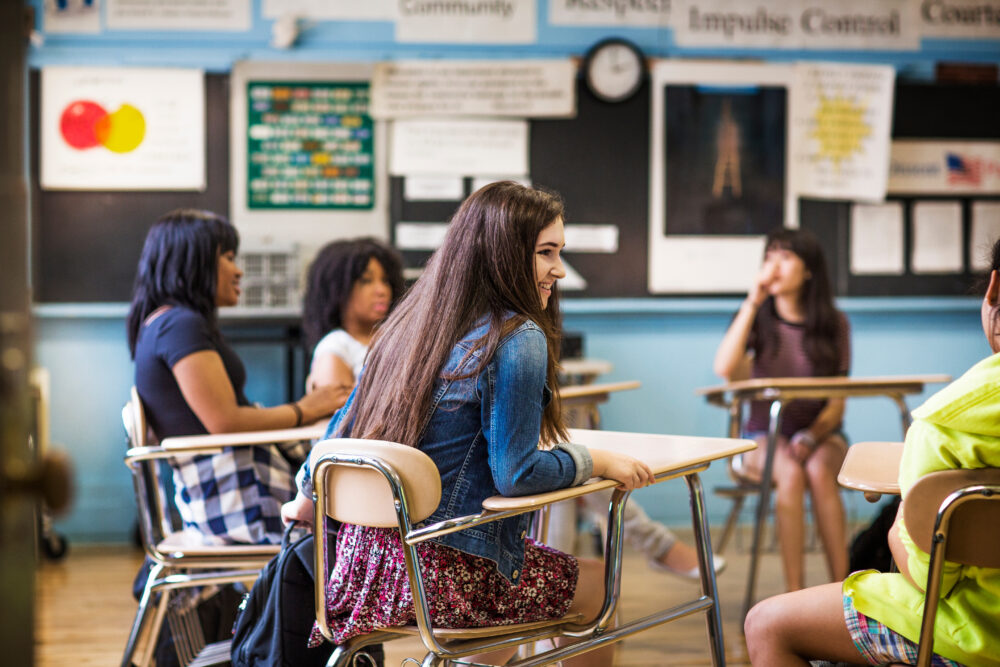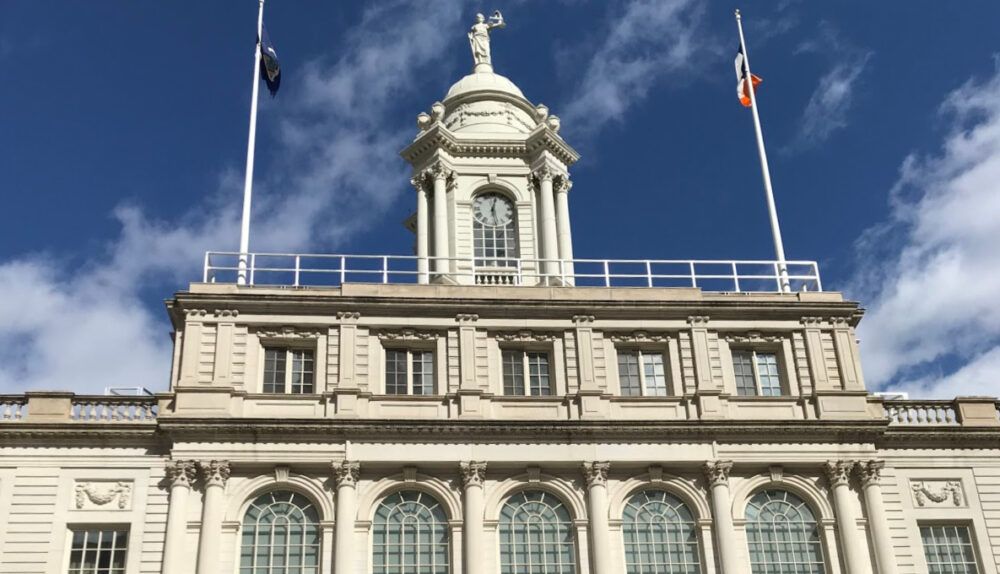AFC Responds to the Release of the City’s FY 2025 Preliminary Budget
In response to the release of Mayor Adams’ preliminary budget for Fiscal Year 2025, Kim Sweet, Executive Director of Advocates for Children of New York (AFC), issued the following statement.

The preliminary budget announced today falls far short of meeting the needs of the City’s students—putting in jeopardy the continuation of important programs that have provided critical support to some of the students with the greatest needs.
We are disappointed that the budget continues to include more than $600M in cuts to New York City Public Schools announced in November and includes an additional $100M in new cuts. In addition to concerns about cuts to programs, including a substantial cut to early childhood education, we are also concerned about cutting hundreds of NYCPS staff members, making it take longer for immigrant students to get a school placement, for students who are homeless to get a bus route, and for students with disabilities to get services.
This budget is notable not only for the size of the cuts to NYCPS – but also for what it leaves out. A number of impactful education programs are currently funded with expiring federal COVID-19 relief funds or with one-year city funding expiring in June, but the preliminary budget does not include funding to continue these programs. While we are pleased that the City has agreed to pick up the cost of Summer Rising as federal funding expires, this is only one of the many programs funded with soon-to-expire dollars.
Unless elected leaders act, a slew of education programs will be rolled back or eliminated less than six months from today. Investments supported with funding running out in June include:
- Support for preschool special education announced by Mayor Adams last December to help the City address the shortage of legally required preschool special education classes, help programs recruit and retain teachers, and add service providers and staff to help with the development of service plans;
- 100 shelter-based coordinators to help students living in shelter get to school and access needed educational support;
- The multi-faceted immigrant family communication and outreach initiative to help immigrant families get needed school-related information; the expansion of translation and interpretation services; and added bilingual programming;
- Promise NYC, which provides children who are undocumented with access to certain early learning programs from which they were previously excluded;
- The expansion of 3-K;
- 450 school social workers;
- Restorative justice practices to help reduce the reliance on exclusionary discipline;
- The Mental Health Continuum, which helps students in 50 high-needs schools access expedited mental healthcare through a range of supports;
- The expansion of community schools, providing wrap-around supports to students;
- 60 school psychologists to help with the special education evaluation process; new sensory gyms; and initiatives to support students with dyslexia.
At a time when we have a youth mental health crisis, record-high student homelessness, systemic violations of the rights of students with disabilities, and an increase in newly arrived immigrant students enrolling in our schools, we cannot afford to roll back these important programs, especially those serving the students who need the most support.
As the budget process moves forward, we need our elected leaders to ensure these programs do not end on their watch.

